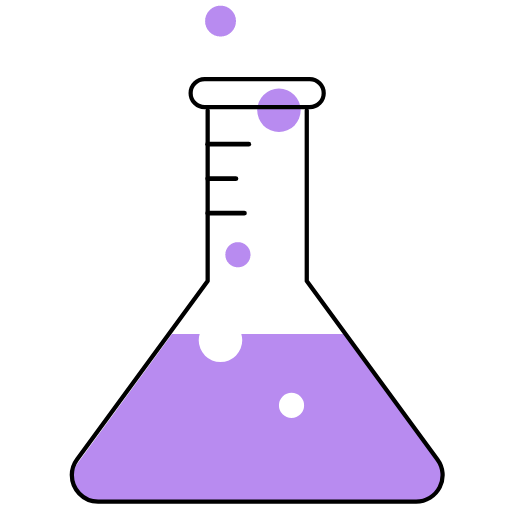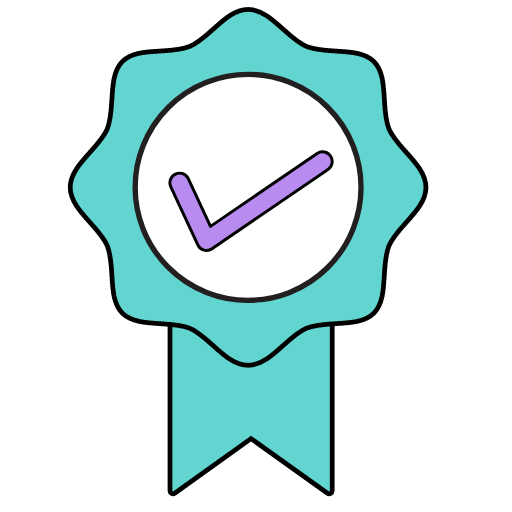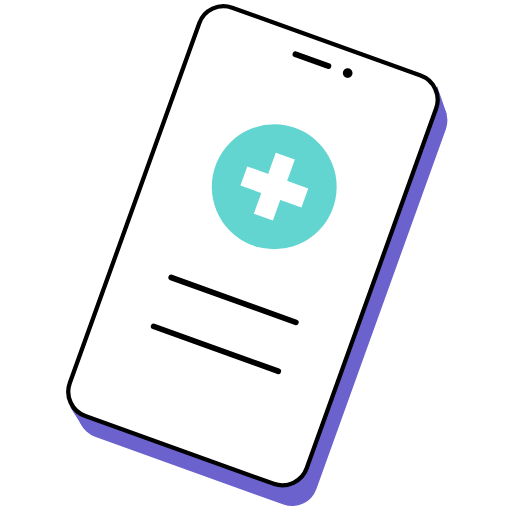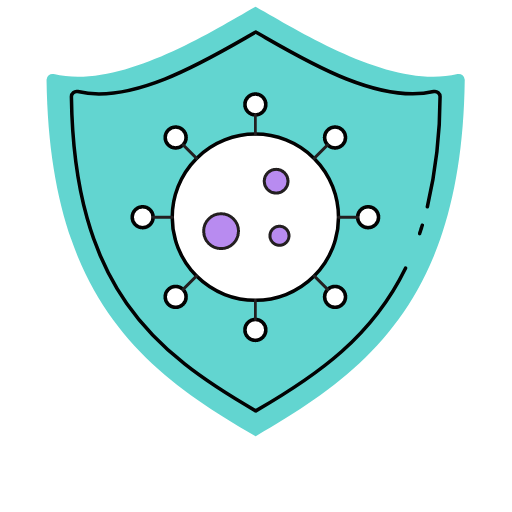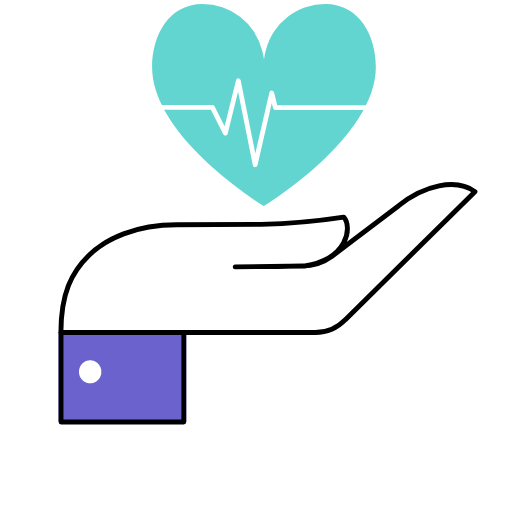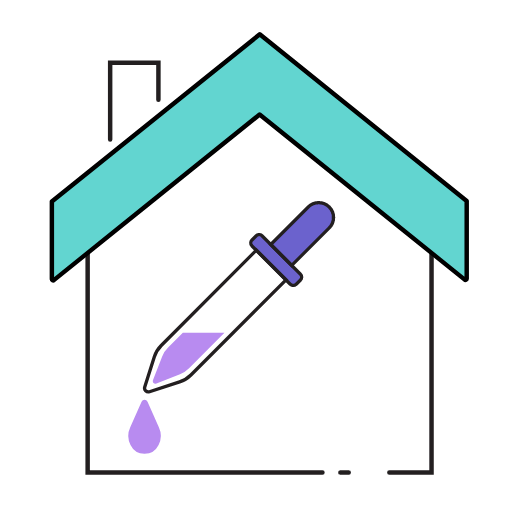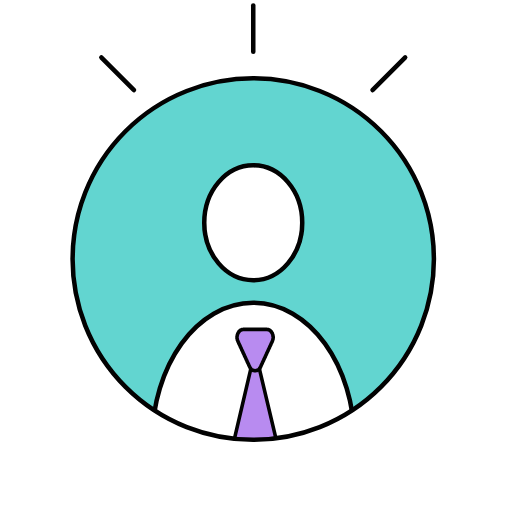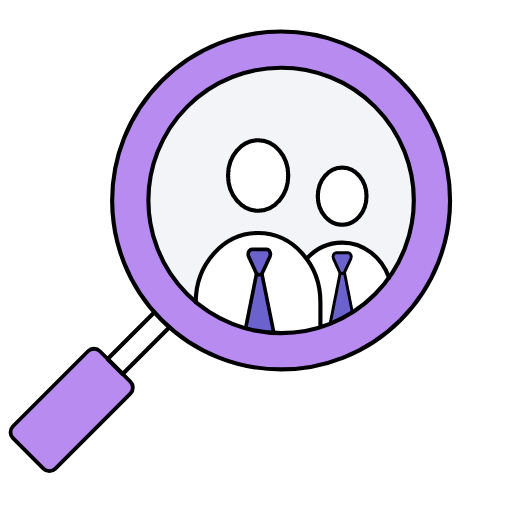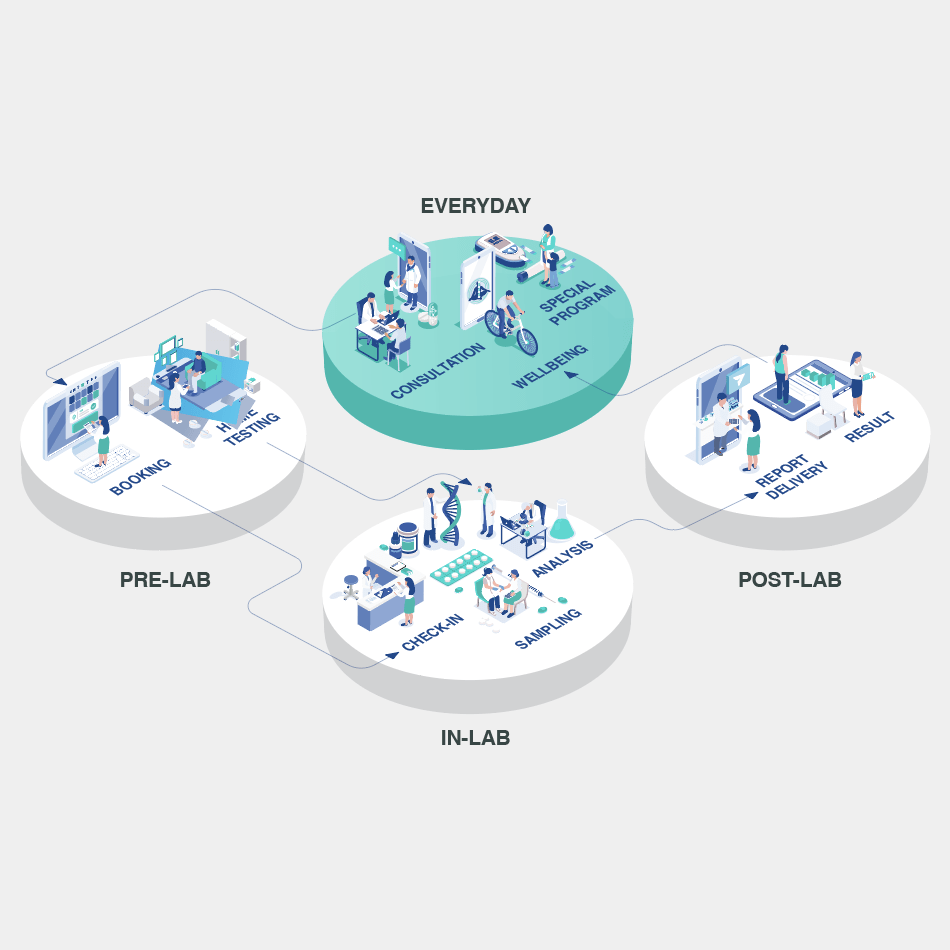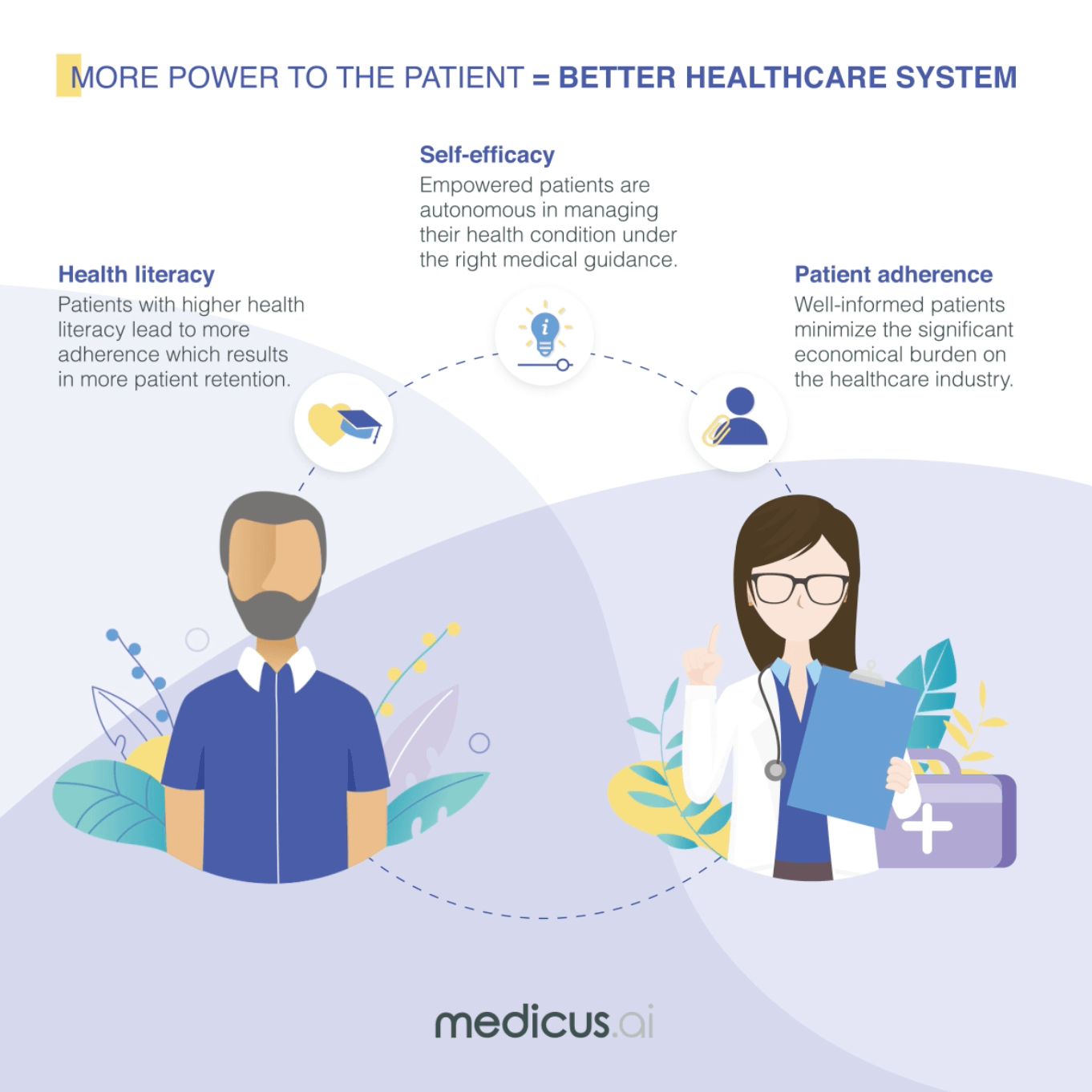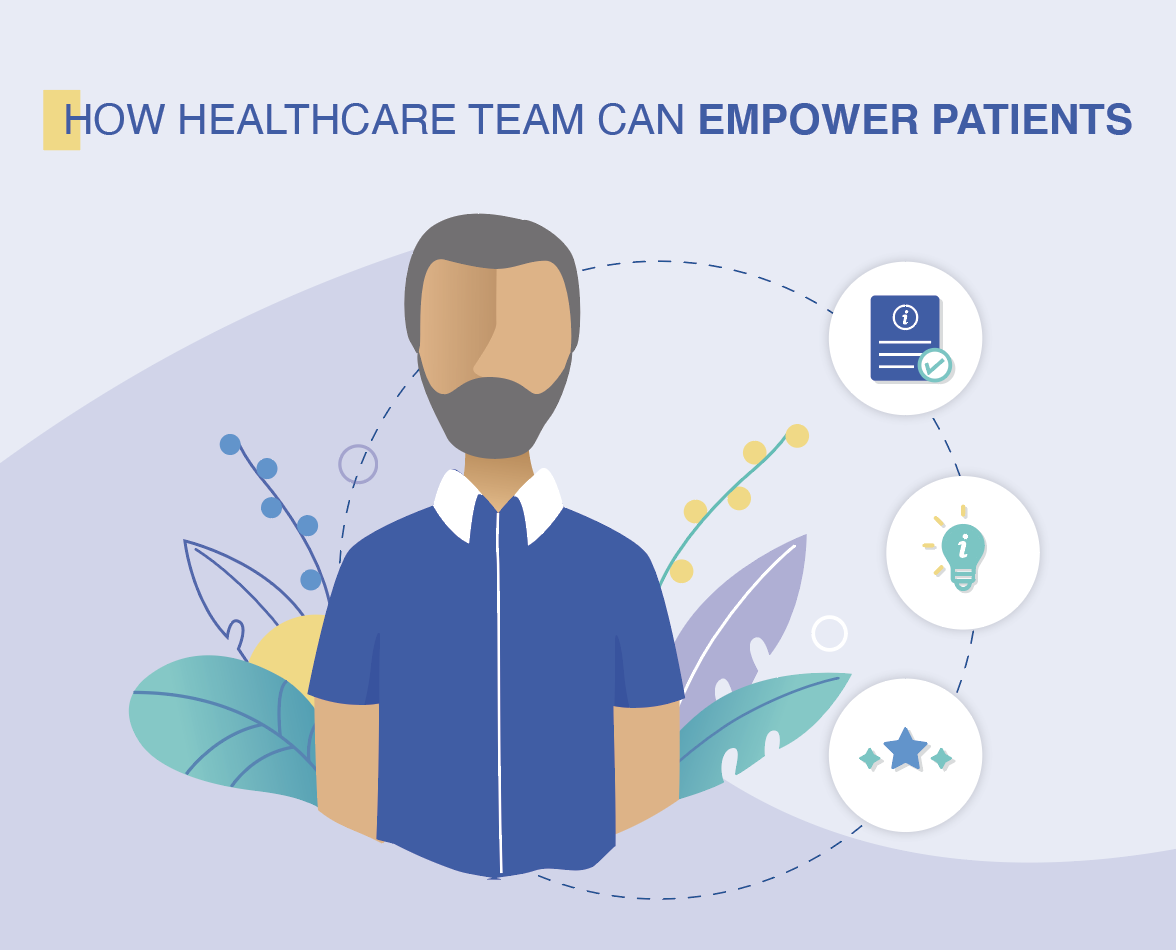
New helpful learnings for shifting from leading a team to project management written by Nisreen Hassoun, Research Team Leader at Medicus AI.
Shifting to a new role is an exciting and overwhelming move as it encompasses taking on new challenges and having more responsibilities. My journey in shifting from leading a team to project management has been filled with new learnings that might be helpful for those who want to take on the challenge and rise up to be skilled project managers.
I started with MedicusAI at its early stages as a Research Team Lead where I worked with my team on developing medical content and generating rules for database structurization. My responsibilities increasingly grew and my role then evolved to managing the medical aspect of the clients’ projects.
Once I became comfortable with my tasks, I started looking for another challenge to grow my skill set and broaden my expertise. This was prompted by several factors, among which the fact that the team members were able to manage their work more independently and the fact that at Medicus, we are in a constant state of creation and development of new products that meet the market needs. During the pandemic, our internal focus shifted to building a new product that answers the emerging needs of patients. We started working on a smart booking app, HomeWell, that connects users with labs and phlebotomists in their vicinity to facilitate an “at home” solution for diagnostic sample collections. The app provides an end-to-end solution for both users and diagnostic test providers with results delivered directly to the user’s app, which are augmented with intuitive explanations to empower users in understanding their health. A few weeks in, I received an email asking me to be the Project Manager (PM) of this new product.
I accepted the challenge head-on and decided to make the best of it. After my degree in Pharmacy, I pursued an MBA as I strongly believe in the importance of combining business management with health science competencies.
This shift was different, despite my previous experience with small projects. I had to coordinate with new remote teams from different backgrounds, cultures, and time zones to deliver this product on time in a totally new market during a pandemic.
My weekends became Project Management boot camps where I started planning the different project stages for the best outcome. Since I did not have enough time to fully prepare, I gathered all available information about the project, then spent my weekends reading and drawing my strategy on how to plan the project.
Here are the top insights that have, and continue to help me in achieving my goal.
1- List the Expectations
First things first, ask all the stakeholders about the initial project/product scope, the expectations, and the included teams. Listing the expectations (writing them down) is always better than keeping them in your head so that you revise them when needed in the future.
2- Learn from Other PMs
Prior to looking outside my company for supplementary training or education, I started by talking to the other PMs. It is very helpful to understand how other projects are managed within the company. It allows you to learn from their experience and mistakes.
During these meetings, we discussed the challenges faced and the lessons learned. This shed light on the common pitfalls that can be avoided by properly listing the requirements within the project scope and keeping in mind that they might change throughout the project. In the latter case, clear communication and explicitly defining roles and responsibilities of each stakeholder are key.
Another important lesson is to know when to say “No” when it comes to unnecessary work or suggestions, separating peripheral upgrades from main development and setting realistic goals. To my surprise, this step taught me the most in project management. When done at the early stage of a project, it helps you focus on the right KPIs and allows you to benefit from others’ experience without having to “reinvent the wheel”. You will rather build on others’ learnings without making the same mistakes they made.
3- Study PM Top Skills
Online resources such as LinkedIn and other websites can be helpful for exploring the top soft and technical skills, and the required knowledge for successful project managers in my field (apps/digital health). It was important to define which skills needed to be acquired and which needed to be improved, and I have classified them into three categories:
- The skills that I already have
- The skills that I need to refresh
- The skills that I need to acquire
This helped me move on to the next step below.
4- Attend online courses
I am a big fan of LinkedIn Learning courses when it comes to refining a skill I already have. These courses are short, to the point, and full of practical tips and useful tools. The main courses I recommend are: Project Management Simplified, Adaptive Project Leadership, Managing Project Stakeholders, and Critical Thinking, among others.
I have also recently joined the “Google Project Management” program which should take 6 months to complete. I am still in the first videos, but it’s looking interesting.
5- Books, Videos, and Software
There are loads of books that can help you in your journey as well. My recommendation for inspiring books would be: “Start With Why” by Simon Sinek, “The 8th Habit” by Stephen Covey , “Small Giants” by Bo Burlingham, and “Measure What Matters” by John Doerr.
After attending a course or reading a book, I look up related videos on the web, which helps me find smart and easy ways to use the tools and techniques that I learned.
Using online resources, I learned how to:
- Use Gantt charts
- Define the project critical path
- Set roadmaps
- Draw workflows
- Assess and manage risks
- Set OKRs (Objective and Key Results)
- Monitor the project progress
There are plenty of online tools and project management software to do all of the above in an easy way.
Through all the knowledge that I have acquired, whether online or through colleagues (fellow project managers), I have managed to lead a team of 35 from different backgrounds, and with their help, we successfully turned our idea into an on-ground project. My journey continues as I believe that this is an ongoing process of learning and development.

